Introduction: Why Water Conservation Matters
Water is a fundamental resource for agriculture, but it’s also one of the most limited. As the global population grows, the demand for food production increases, putting immense pressure on water resources. In this context, water conservation becomes essential to ensure that agriculture can meet current and future needs without depleting natural resources.
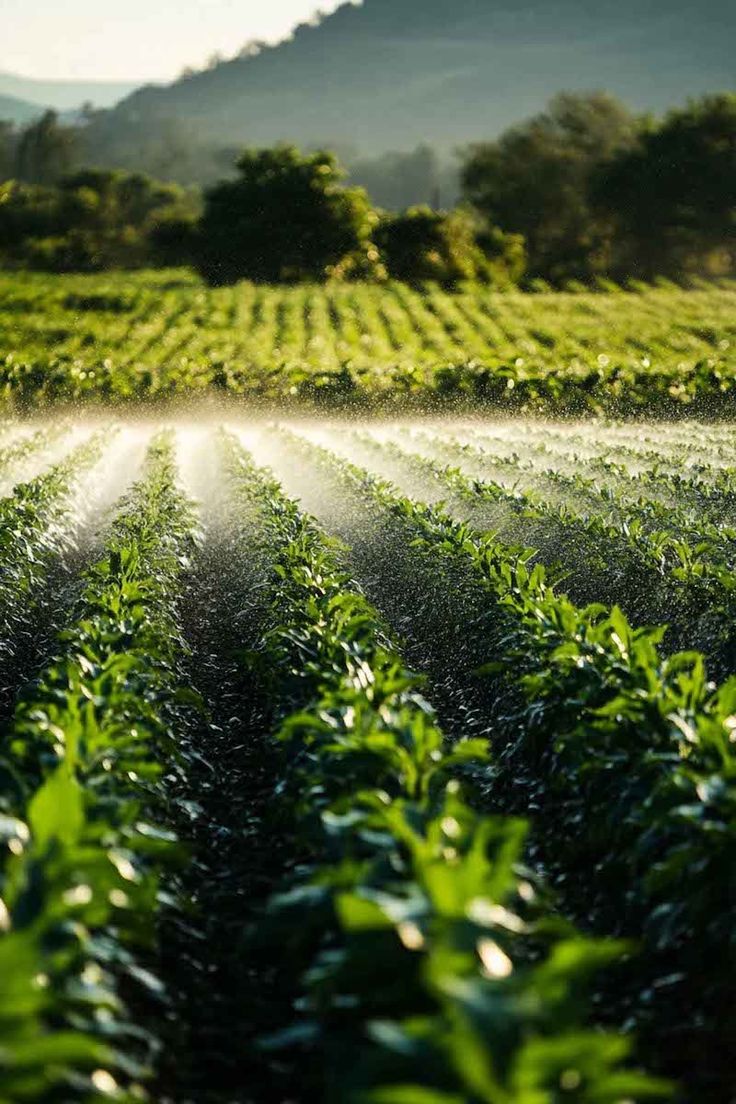
This article explores the role of water conservation in sustainable agriculture, focusing on its importance, methods, and benefits.
Understanding Sustainable Agriculture
Sustainable agriculture is an approach that seeks to produce food in a way that preserves the environment, supports economic viability, and promotes social equity.
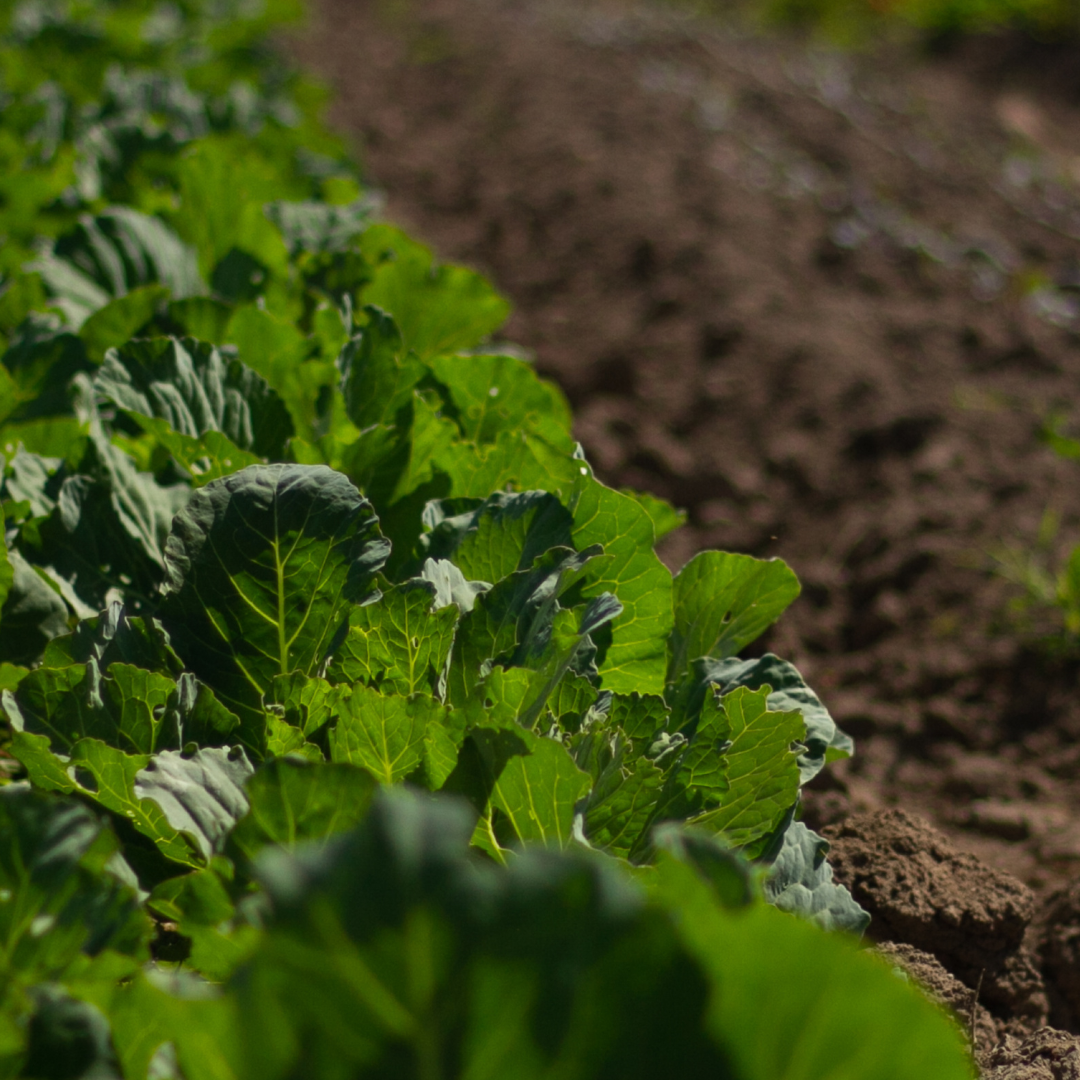
Water conservation is a critical component of this approach because it directly impacts the sustainability of farming practices.
By conserving water, farmers can reduce their environmental footprint, lower production costs, and ensure that their practices remain viable over the long term.
The Water Crisis in Agriculture
Globally, agriculture accounts for about 70% of freshwater withdrawals, making it the largest consumer of water. However, inefficient use of water in agriculture can lead to significant wastage and environmental degradation.
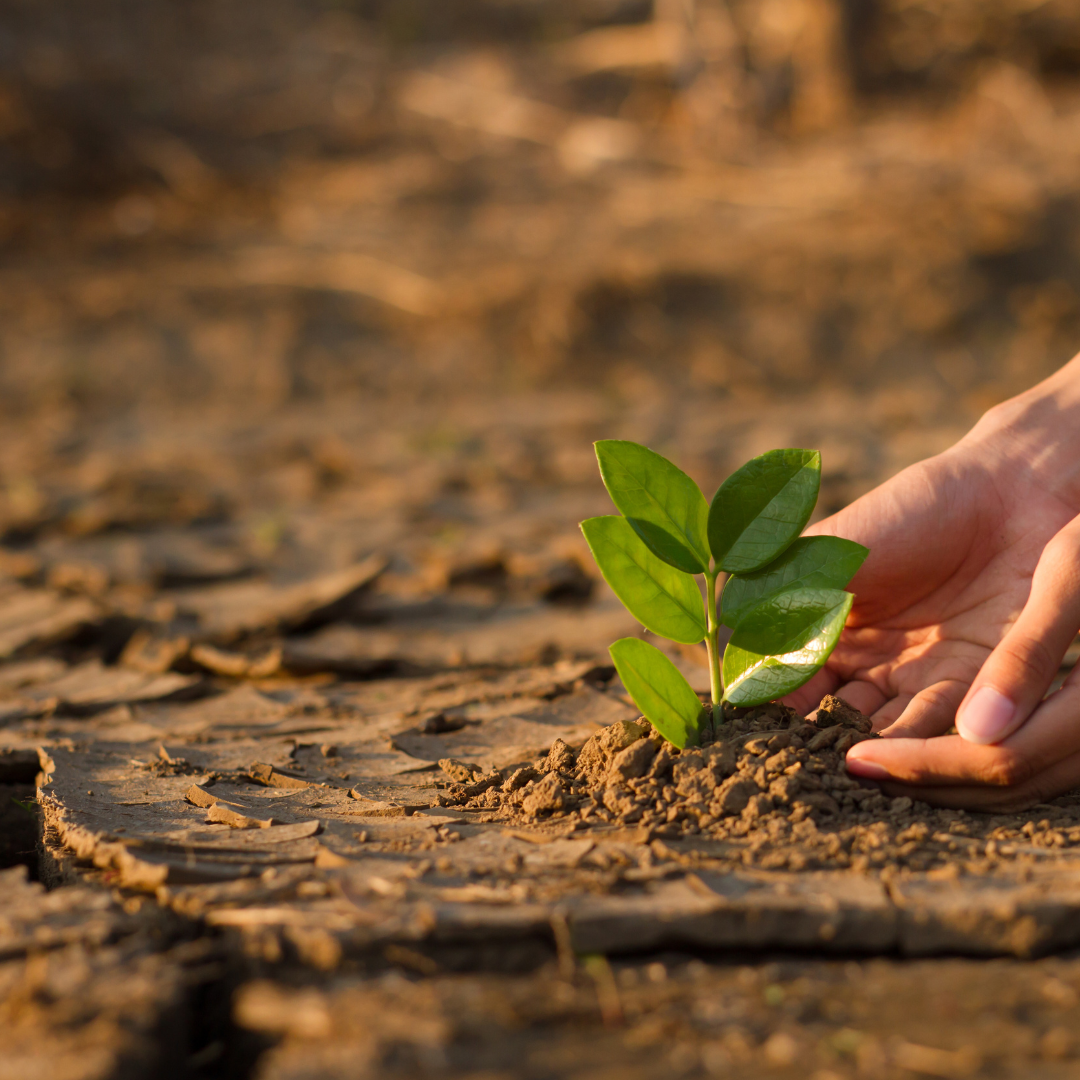
Over-irrigation, for example, can result in waterlogging, soil erosion, and the depletion of groundwater reserves. Additionally, the misuse of water resources can harm ecosystems and reduce biodiversity.
These issues highlight the urgent need for water conservation in agriculture.
Key Water Conservation Strategies
Efficient Irrigation Systems
-
- Drip Irrigation: Drip irrigation delivers water directly to the roots of plants, minimizing evaporation and runoff. This system can save up to 60% more water than traditional methods.
- Sprinkler Systems: Modern sprinkler systems are designed to distribute water evenly across crops, reducing waste. These systems can be automated to apply the right amount of water at the right time.
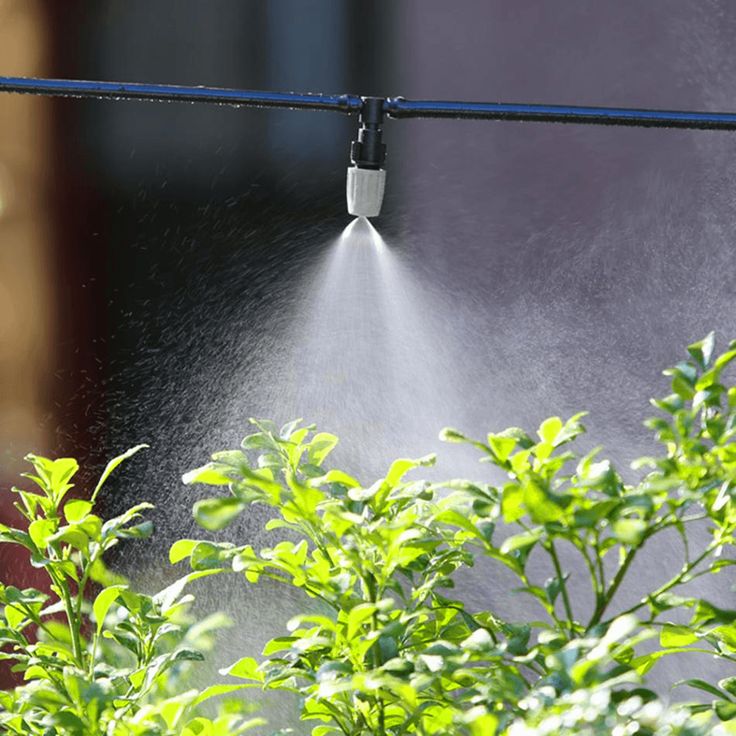
Rainwater Harvesting
-
- Collecting Rainwater: Rainwater harvesting involves capturing and storing rainwater for agricultural use. This method reduces dependency on groundwater and surface water sources, making it a sustainable option for water-scarce regions.
- Storage Solutions: Farmers can use tanks, ponds, or reservoirs to store harvested rainwater, ensuring a steady supply during dry periods.

Soil Moisture Management
-
- Mulching: Applying a layer of organic material, such as straw or leaves, on the soil surface helps retain moisture and reduces evaporation.
- Soil Conditioning: Improving soil structure with organic matter enhances its ability to retain water, reducing the need for frequent irrigation.
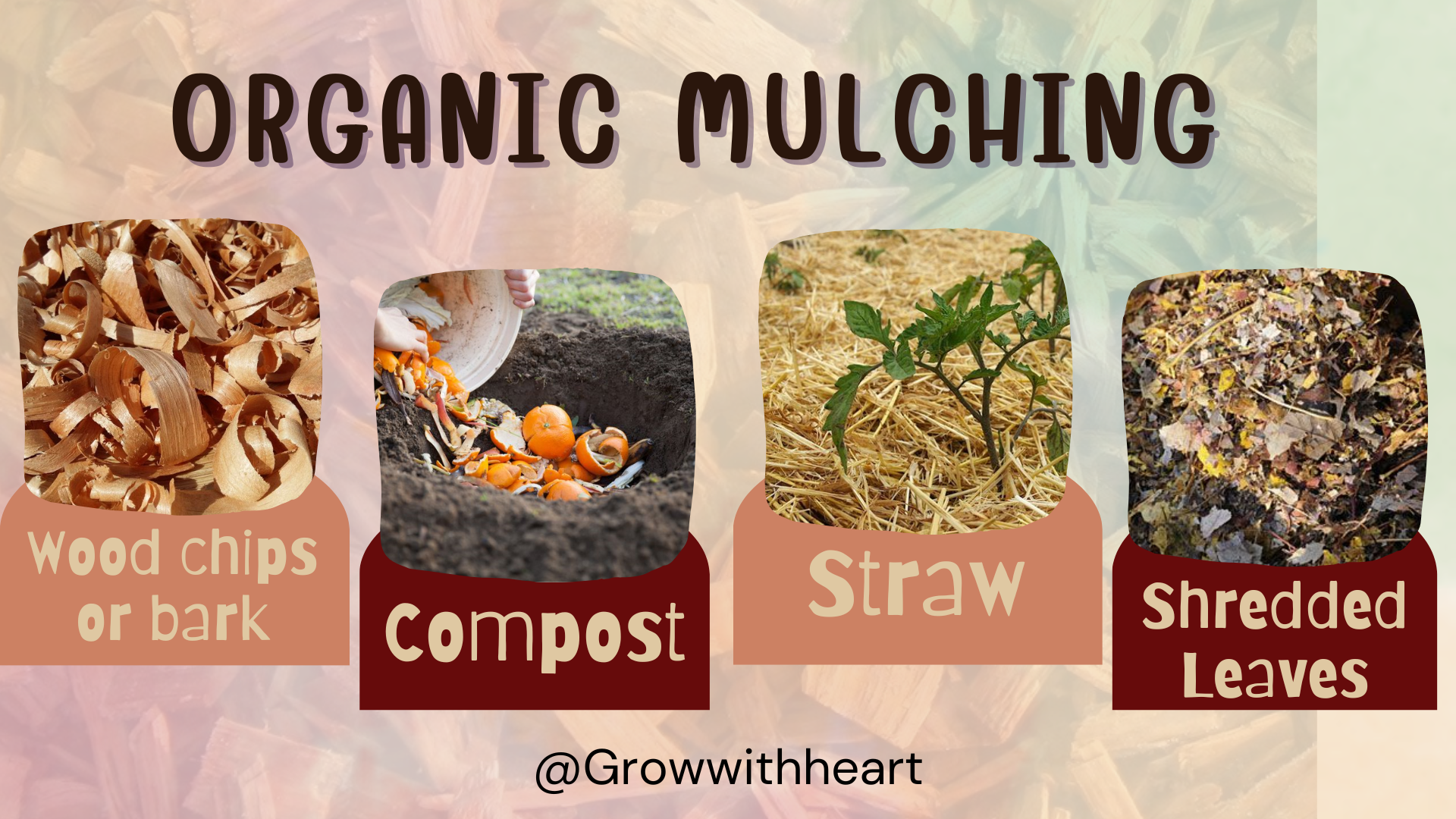
Crop Selection and Rotation
-
- Drought-Resistant Crops: Choosing crops that require less water can significantly reduce water usage in agriculture. Drought-resistant varieties are specifically bred to thrive in low-water conditions.
- Crop Rotation: Rotating crops helps maintain soil health, which in turn improves the soil’s water-holding capacity, reducing the need for irrigation.
Benefits of Water Conservation in Agriculture
Economic Savings
-
- Reduced Water Costs: By using water more efficiently, farmers can lower their water bills and reduce the overall cost of production. Efficient water use also reduces the need for expensive water infrastructure, such as pumps and pipelines.

Environmental Protection
-
- Preservation of Water Resources: Water conservation helps preserve natural water bodies, such as rivers, lakes, and aquifers, ensuring they remain available for future generations.
- Reduction of Environmental Impact: Efficient water use reduces the risk of soil erosion, waterlogging, and salinization, which can degrade the land and harm local ecosystems.

Increased Crop Yields
-
- Optimal Water Supply: By providing crops with the right amount of water at the right time, farmers can improve crop health and increase yields. This is particularly important in regions prone to drought or irregular rainfall.
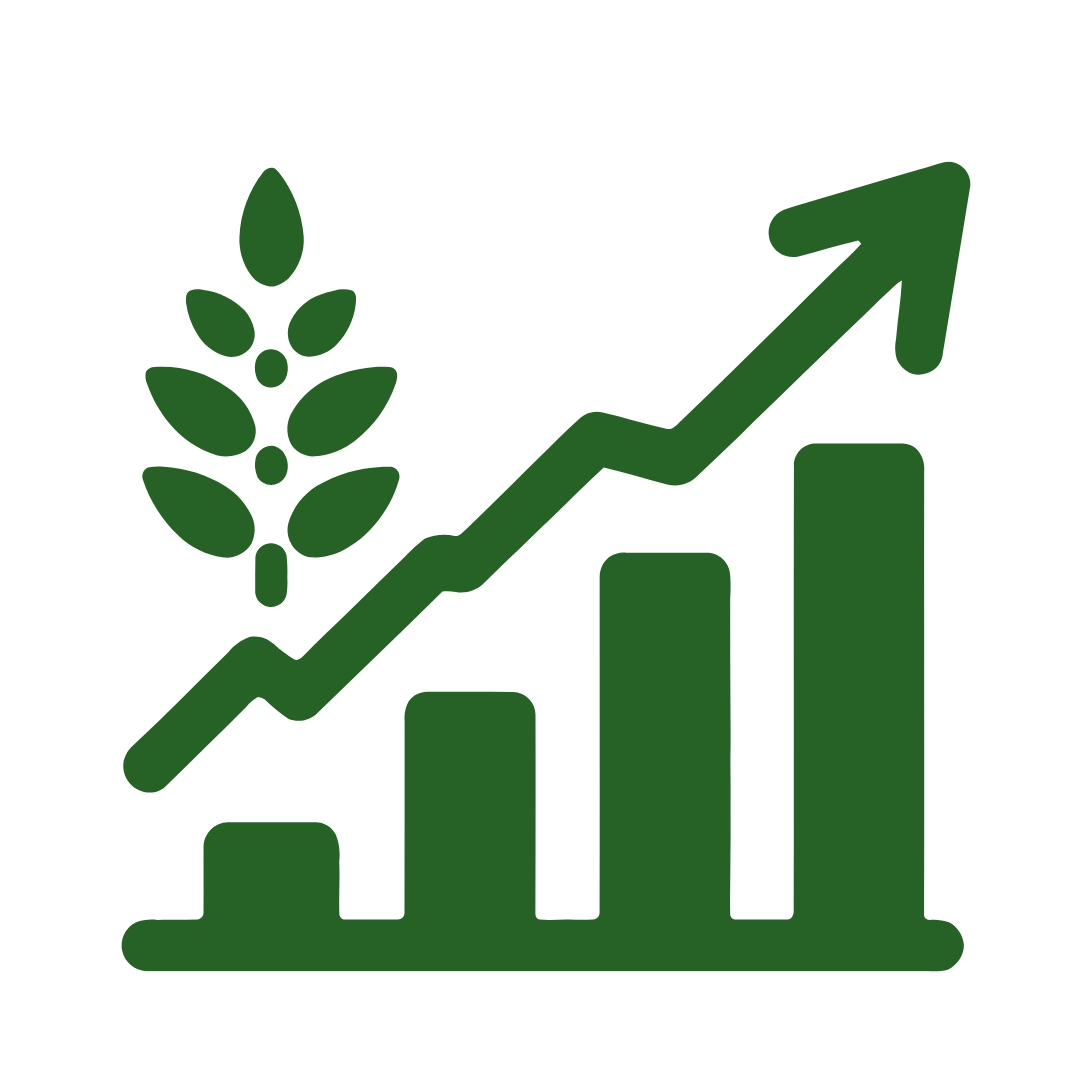
Sustainability and Resilience
-
- Long-Term Viability: Water conservation ensures that agricultural practices remain sustainable over the long term. By conserving water, farmers can continue to produce food without exhausting natural resources.
- Resilience to Climate Change: As climate change alters rainfall patterns and increases the frequency of droughts, water conservation becomes even more critical. By adopting water-saving practices, farmers can better cope with these challenges.
Challenges in Implementing Water Conservation
While the benefits of water conservation are clear, implementing these practices can be challenging. Some of the key challenges include:
Cost of Technology
-
- High Initial Investment: Many water-saving technologies, such as drip irrigation systems and soil moisture sensors, require a significant initial investment. This can be a barrier for small-scale farmers who may not have access to the necessary funds.

Lack of Awareness and Training
-
- Education and Outreach: Many farmers may not be aware of the benefits of water conservation or may lack the technical knowledge to implement these practices effectively. Providing education and training is essential to promote the adoption of water-saving techniques.
Policy and Infrastructure
- Government Support: Government policies and infrastructure play a crucial role in promoting water conservation. However, in many regions, there is a lack of supportive policies or adequate infrastructure to facilitate water-saving practices.
- Education and Outreach: Many farmers may not be aware of the benefits of water conservation or may lack the technical knowledge to implement these practices effectively. Providing education and training is essential to promote the adoption of water-saving techniques.
Conclusion:
Water conservation is not just an option; it is a necessity for the future of agriculture. As the demand for food continues to rise and water resources become increasingly scarce, adopting water-saving practices will be critical to ensuring the sustainability of agricultural systems.
By investing in efficient technologies, educating farmers, and supporting policies that promote water conservation, we can build a resilient agricultural sector that meets the needs of today while preserving resources for future generations.

Pingback: Water Management Strategies for Sustainable Agriculture